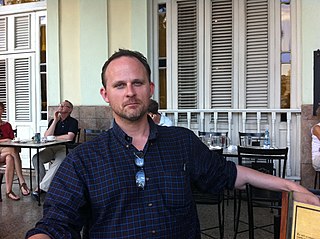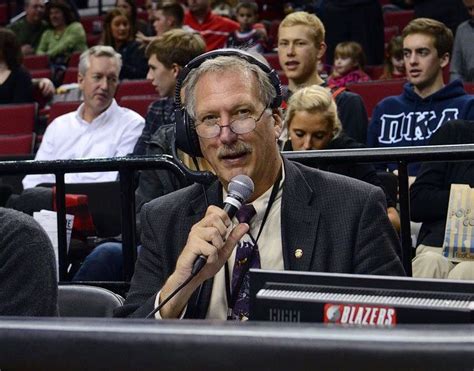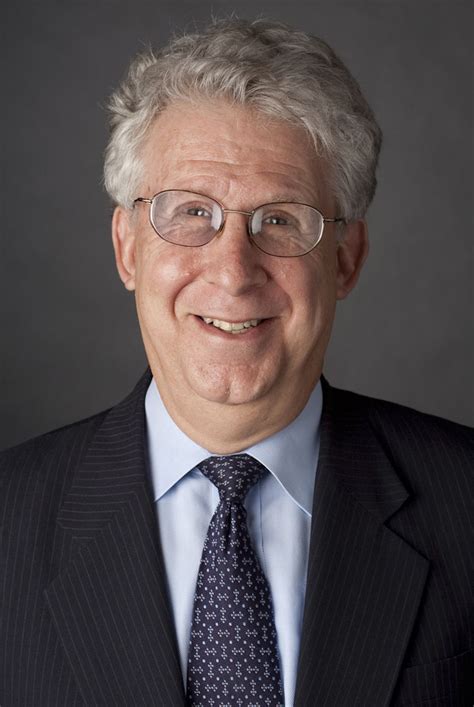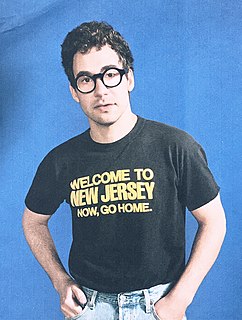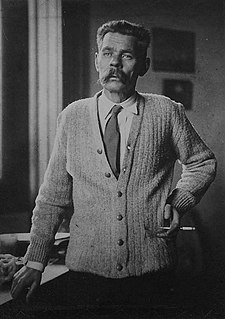A Quote by David McCandless
I'm doing a lot of cognitive processing. I'm gathering research. I'm processing it. I'm arranging the data. I'm sorting out the narrative. I'm designing. It's almost as if I do all the cognitive work that you then don't have to do. I digest it, process it, and then offer something that's very easy for you to digest.
Related Quotes
When we multi-task, we are motivated by a desire to be more productive and more efficient. We're often doing things that are automatic, that require very little cognitive processing... Continuous partial attention describes how many of us use our attention today... to pay partial attention - continuously. It is different from multi-tasking.
What I argue is that talk of knowledge plays an important role in theories within cognitive ethology. The idea is this. First, one sees cognitive ethologists arguing that we need to attribute propositional attitudes to some animals in order to explain the sophistication of their cognitive achievements.
I've seen people spend days, if not months, researching and gathering data, but only at the end did they finally figure out what they were really looking for; then they have to redo a lot of stuff. If after a day or so you force yourself to put together your tentative conclusions, then you'll have guidance for the rest of your research.



